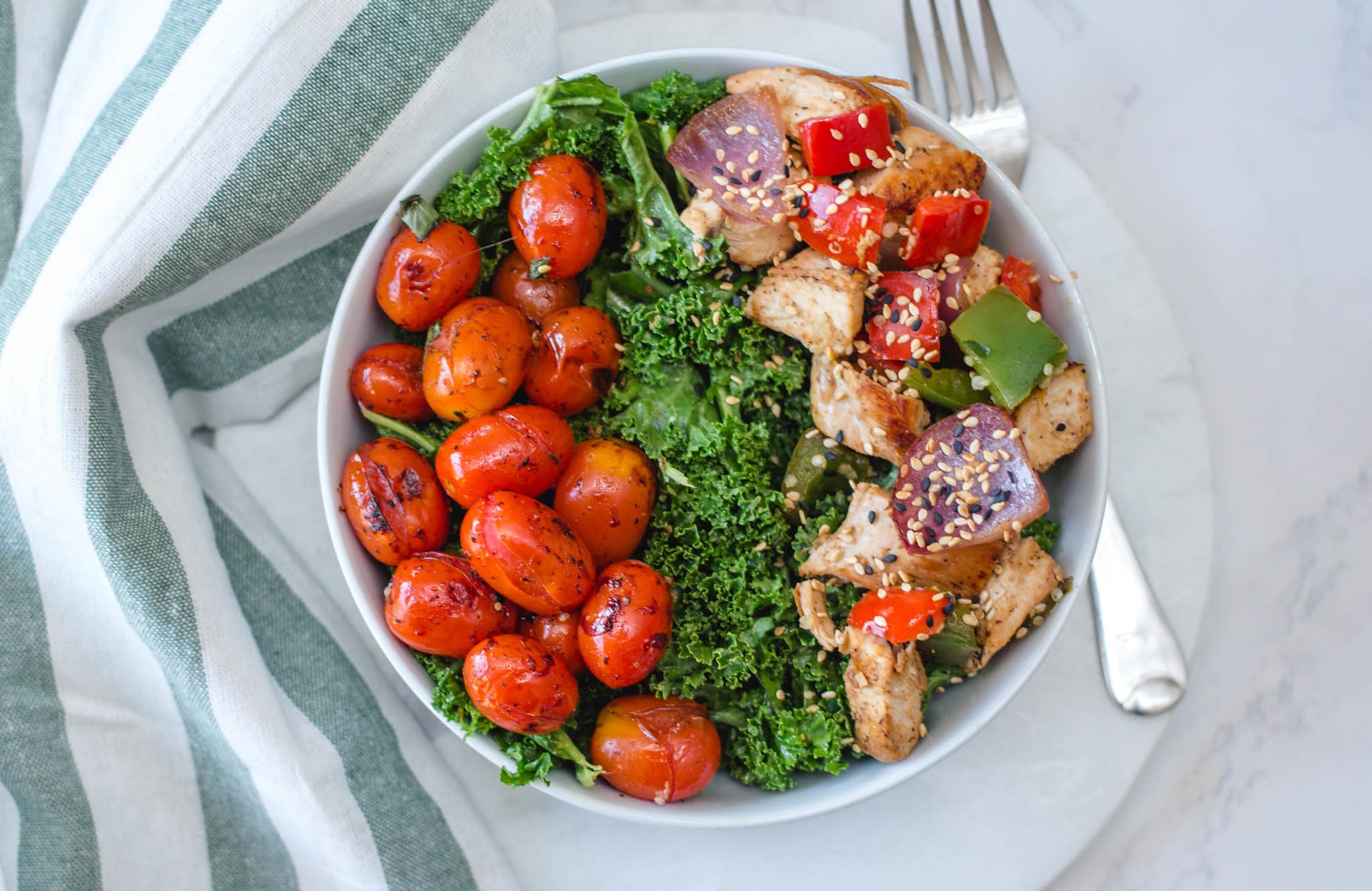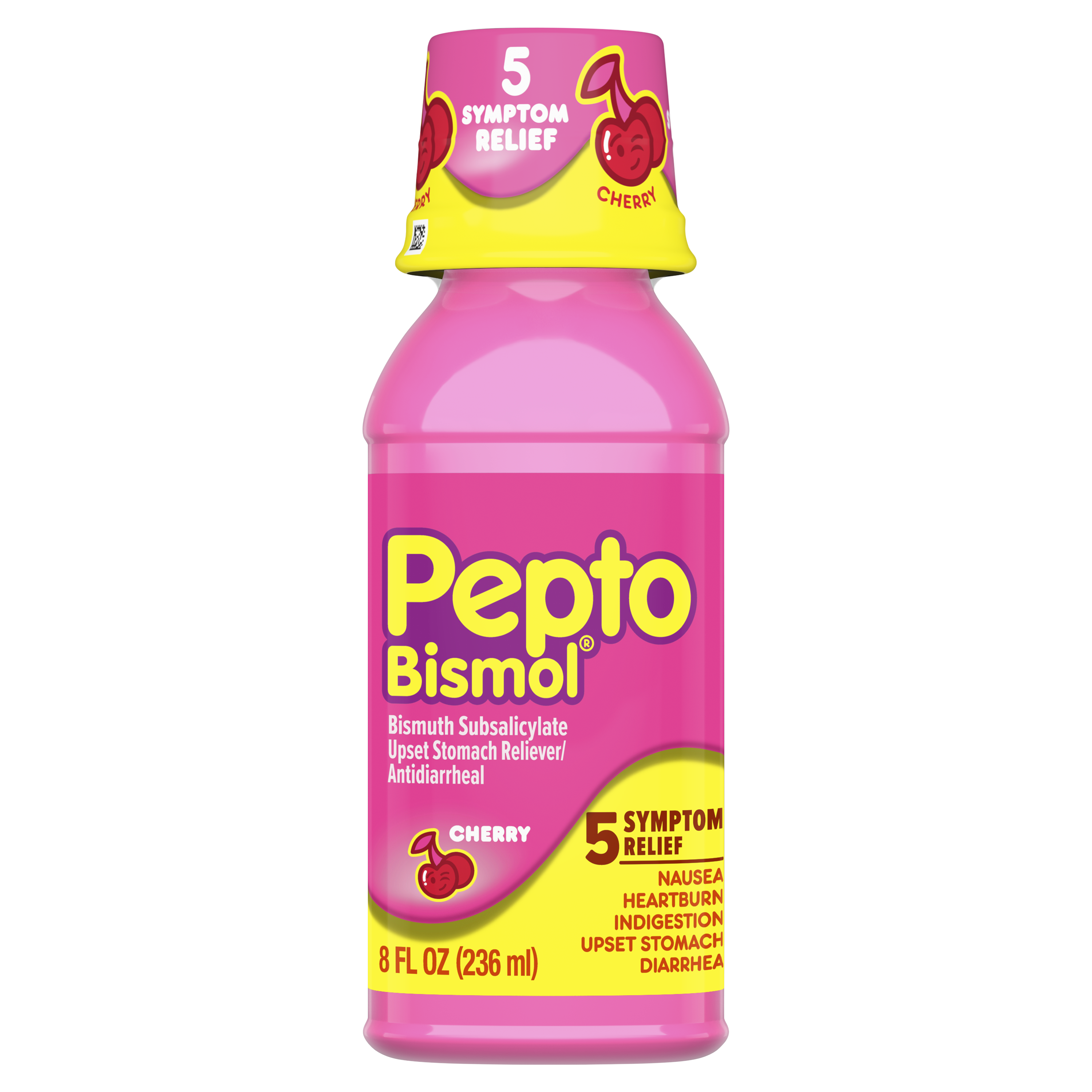Can Chicken Be Left Out Overnight? Here's What You Need To Know
Hey there, food lovers! Have you ever wondered if it's safe to leave chicken out overnight? It's one of those kitchen questions that can leave you scratching your head. Whether you're dealing with leftover chicken or just forgot to put it away, this is something worth paying attention to. Let's dive right in and clear up any confusion!
Leaving chicken out overnight might seem harmless, but it can actually lead to some serious food safety concerns. Spoilage and foodborne illnesses are no joke, and chicken happens to be one of the most common culprits when it comes to food poisoning. So, buckle up, because we're about to break it down for you.
By the end of this article, you'll have all the answers you need to keep your kitchen safe and your meals delicious. Trust me, this info could save you from a nasty case of food poisoning or a spoiled dinner. Let's get started!
- New Hindi Movie Online Your Ultimate Guide To Streaming The Latest Bollywood Hits
- 9xmovies Press Your Ultimate Guide To The Controversial Streaming Platform
Table of Contents
- Why Food Safety Matters
- What Happens When Chicken Is Left Out?
- Safe Temperature Zones for Chicken
- Risks of Leaving Chicken Out Overnight
- How Long Can Chicken Sit Out Safely?
- Tips for Storing Chicken Properly
- Can You Save Spoiled Chicken?
- Signs Your Chicken Has Gone Bad
- Common Myths About Leftover Chicken
- Final Thoughts on Leaving Chicken Out Overnight
Why Food Safety Matters
Alright, let's talk about why food safety is such a big deal. Foodborne illnesses affect millions of people every year, and poultry like chicken is one of the top sources of contamination. Bacteria like Salmonella and Campylobacter can thrive in improperly stored chicken, leading to some pretty nasty symptoms.
But here's the kicker—most foodborne illnesses are preventable if we follow basic food safety guidelines. Knowing how long chicken can sit out and understanding safe storage practices can make a huge difference in keeping you and your loved ones healthy.
Food Safety Statistics
According to the Centers for Disease Control and Prevention (CDC), around 48 million people get sick from foodborne illnesses each year in the United States alone. That's a lot of folks dealing with stomach cramps, nausea, and other unpleasant symptoms.
- Movierulz 2 Your Ultimate Guide To Streaming Movies Safely
- Hdmovieshub Your Ultimate Destination For Streaming Movies Online
So yeah, food safety isn't just about avoiding spoiled flavors—it's about protecting your health. Let's take a closer look at what happens when chicken is left out overnight.
What Happens When Chicken Is Left Out?
When chicken is left out at room temperature, it enters the "danger zone," which is the temperature range between 40°F (4°C) and 140°F (60°C). In this range, bacteria multiply rapidly, doubling in number every 20 minutes. Yep, you read that right—bacteria can go from harmless to dangerous in no time!
But here's the thing: not all bacteria are created equal. Some bacteria, like Listeria, can survive even in refrigerated conditions, while others, like Salmonella, thrive at room temperature. When chicken is left out overnight, these bacteria have plenty of time to multiply and cause trouble.
Bacterial Growth Chart
Check out this quick chart to see how fast bacteria can grow:
- 2 hours: Bacteria start to multiply
- 4 hours: Significant bacterial growth
- 8 hours: Dangerous levels of bacteria
See why leaving chicken out overnight is such a bad idea? Let's move on to the safe temperature zones to help you avoid this mess.
Safe Temperature Zones for Chicken
Okay, let's break it down—chicken should always be stored in safe temperature zones to prevent bacterial growth. Here's what you need to know:
Refrigeration: Chicken should be kept at or below 40°F (4°C) in the fridge. This slows down bacterial growth and keeps your food safe for up to 1-2 days.
Freezing: If you're not planning to use your chicken within a couple of days, freeze it at 0°F (-18°C) or lower. Properly frozen chicken can last for months without losing quality.
Cooking: When cooking chicken, make sure it reaches an internal temperature of at least 165°F (74°C). This kills any harmful bacteria and ensures your meal is safe to eat.
Temperature Tips
Here are a few quick tips to keep your chicken safe:
- Use a food thermometer to check internal temperatures
- Store chicken on the bottom shelf of your fridge to prevent cross-contamination
- Thaw frozen chicken in the fridge, not on the counter
Risks of Leaving Chicken Out Overnight
Leaving chicken out overnight can lead to some serious risks. Here's what you need to watch out for:
Foodborne Illnesses: Bacteria like Salmonella and Campylobacter can cause severe stomach issues, including diarrhea, vomiting, and fever. These symptoms can last for days and, in some cases, require medical attention.
Spoilage: Even if you don't get sick, chicken that's been left out overnight will likely spoil. This means it'll develop an off smell, texture, and taste, making it completely unappetizing.
Economic Loss: Spoiled chicken is wasted money. If you're buying quality chicken, you don't want it to go to waste because of improper storage.
Long-Term Effects
Repeated exposure to foodborne illnesses can weaken your immune system over time. This is especially concerning for vulnerable populations, such as young children, pregnant women, and the elderly.
How Long Can Chicken Sit Out Safely?
Now, here's the million-dollar question: how long can chicken sit out before it becomes unsafe? The general rule of thumb is two hours. If the temperature is above 90°F (32°C), that time frame drops to one hour.
Once chicken has been sitting out for more than two hours, it's considered unsafe to eat. At this point, bacteria have had enough time to multiply to dangerous levels, even if the chicken looks and smells fine.
Exceptions to the Rule
There are a few exceptions to the two-hour rule, but they're rare. For example, if the chicken is kept in a controlled environment, like a picnic cooler with ice packs, it might stay safe for a bit longer. However, it's always best to err on the side of caution.
Tips for Storing Chicken Properly
Want to avoid the whole "can chicken be left out overnight" dilemma? Here are some tips for storing chicken the right way:
Refrigerate Immediately: As soon as you're done cooking or shopping, put your chicken in the fridge. Don't let it sit on the counter for too long.
Use Airtight Containers: Store chicken in airtight containers to prevent odors from spreading and to keep it fresh longer.
Label and Date: Always label your chicken with the date you bought or cooked it. This helps you keep track of how long it's been in the fridge.
Best Practices
Here are a few more best practices to follow:
- Marinate chicken in the fridge, not on the counter
- Wash your hands and utensils after handling raw chicken
- Separate raw chicken from other foods to prevent cross-contamination
Can You Save Spoiled Chicken?
Unfortunately, if your chicken has been left out overnight, it's probably spoiled. There's no way to "save" it without taking a big risk. Even if it smells okay or looks fine, bacteria could still be lurking inside.
Your best bet is to toss it and start fresh. It's better to waste a little food than risk getting sick. Trust me, your stomach will thank you later.
Safe Disposal
When disposing of spoiled chicken, wrap it securely in plastic or place it in a sealed bag. This prevents odors from spreading and keeps pests away.
Signs Your Chicken Has Gone Bad
Not sure if your chicken is still good? Here are some signs to watch out for:
Smell: Spoiled chicken often has a sour or off smell. If it smells funky, it's probably not safe to eat.
Texture: Check for slimy or sticky textures on the surface of the chicken. This is a clear sign of spoilage.
Color: Discoloration, such as gray or greenish tinges, can indicate spoilage. However, color alone isn't always a reliable indicator, so use your nose and touch as well.
Trust Your Instincts
If something feels off about your chicken, it probably is. Don't take any chances—when in doubt, throw it out.
Common Myths About Leftover Chicken
There are plenty of myths floating around about leftover chicken. Let's debunk a few of them:
Myth 1: If it smells fine, it's safe to eat. Not true! Bacteria like Salmonella don't always produce noticeable odors.
Myth 2: Reheating will kill any bacteria. While reheating can kill some bacteria, it won't get rid of toxins that have already formed.
Myth 3: Chicken left out for a few hours is fine. Nope! As we discussed earlier, the two-hour rule is strict for a reason.
Busting the Myths
Don't fall for these myths—they could lead to serious consequences. Stick to the facts and keep your kitchen safe.
Final Thoughts on Leaving Chicken Out Overnight
So, can chicken be left out overnight? The answer is a big, fat NO. Leaving chicken out overnight is a recipe for disaster, and it's just not worth the risk. By following proper food safety guidelines, you can enjoy delicious, safe meals without worrying about spoilage or foodborne illnesses.
Remember to refrigerate your chicken promptly, use airtight containers, and always check for signs of spoilage. And if you're ever in doubt, toss it out—it's better to be safe than sorry!
Now, I want to hear from you. Have you ever dealt with spoiled chicken? What tips do you have for keeping food safe in your kitchen? Leave a comment below and let's keep the conversation going!
- Filmy4wap In Your Ultimate Movie Destination
- Onlyfans Leak What You Need To Know And How To Stay Safe

Raw Chicken Left Out Overnight?

Raw Chicken Left Out Overnight?

Rotisserie BBQ chicken left out overnight Forums